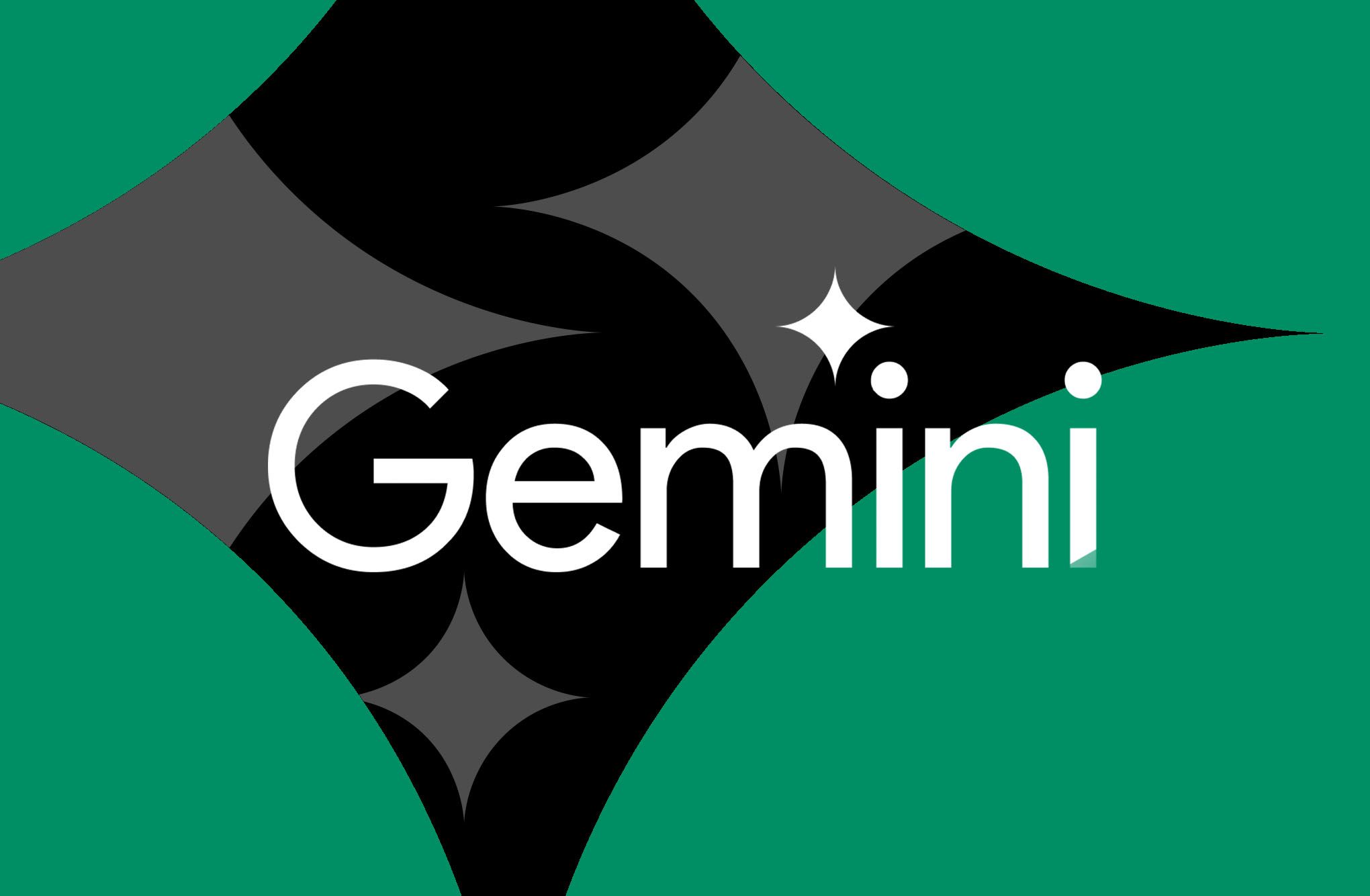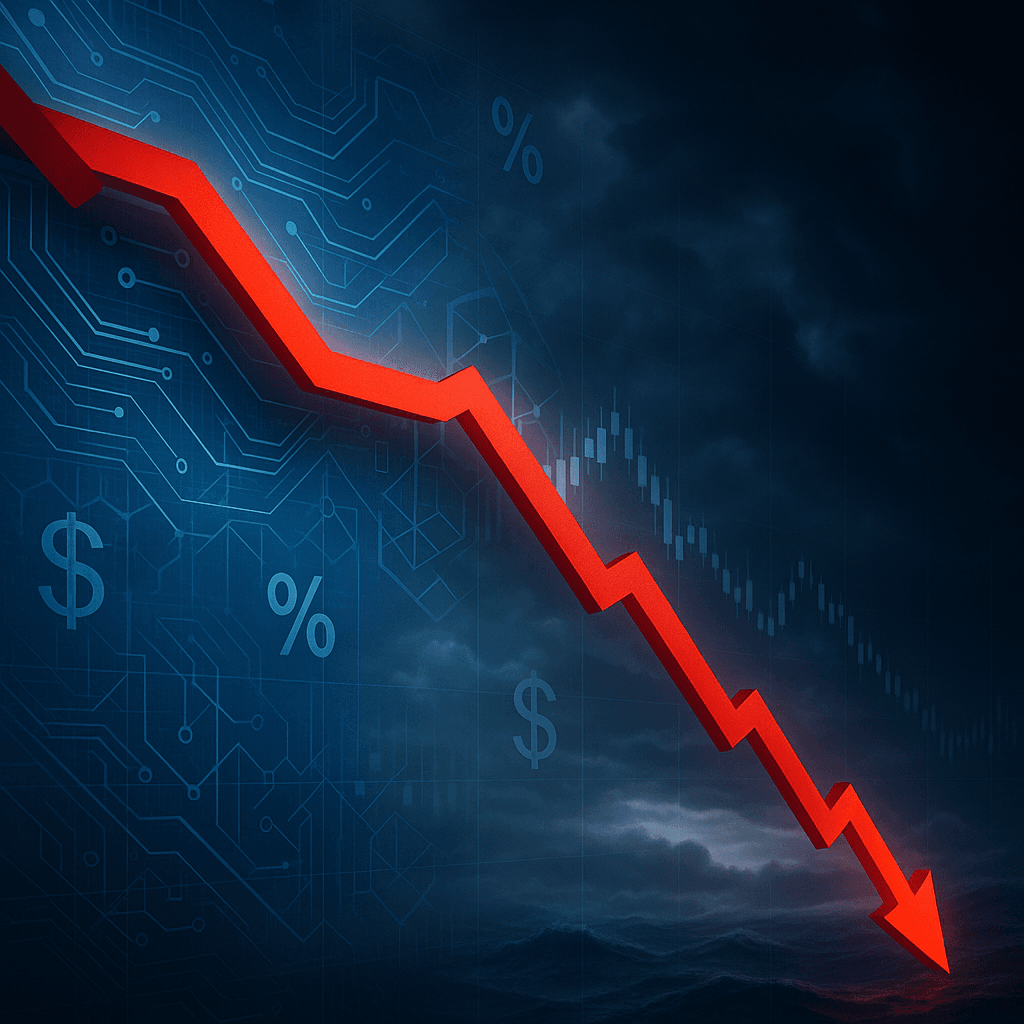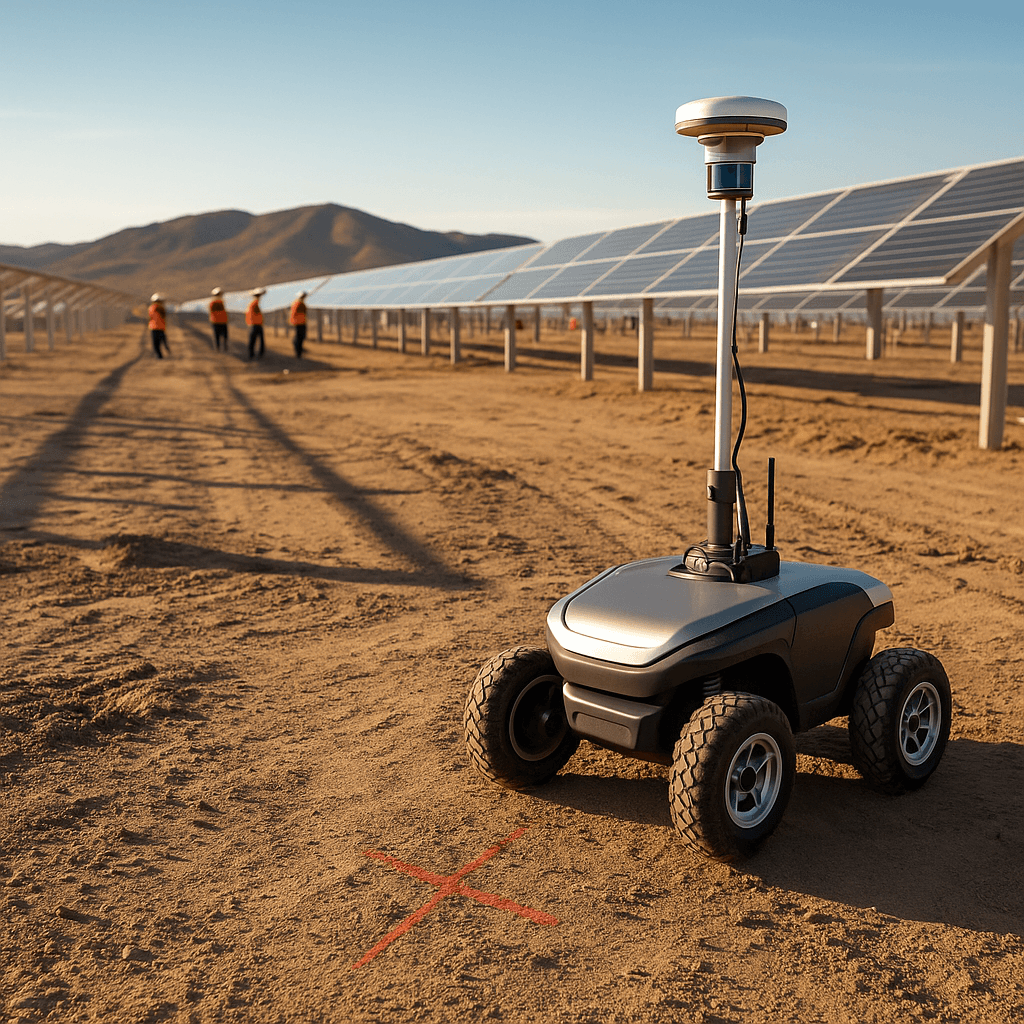Google just delivered the most comprehensive look yet at AI's environmental impact, revealing dramatic efficiency gains that could reshape how the industry approaches its growing energy crisis. The search giant cut its AI carbon footprint by 44x over 12 months while electricity consumption surged 27%, offering a blueprint as tech companies scramble to balance AI ambitions with climate commitments.
Google just dropped the most comprehensive analysis of AI's environmental footprint to date, and the numbers reveal both the scale of the challenge and surprising progress on efficiency. The company's new methodology shows that while AI is driving massive energy demands, aggressive optimization can dramatically reduce the impact per query.
The headline figure: Google's Gemini Apps median energy consumption per text prompt dropped by a factor of 33x over just 12 months, while the carbon footprint plummeted 44x. "The energy consumed per median prompt is equivalent to watching television for less than nine seconds," Google's Chief Technologist Ben Gomes wrote in today's blog post.
[Embedded image: Chart showing Google's AI efficiency improvements over 12 months]
The timing couldn't be more critical. As Microsoft, Amazon, and Meta pour billions into AI infrastructure, energy consumption is becoming the industry's most pressing constraint. Microsoft recently struck a deal to restart Three Mile Island's nuclear reactor, while Amazon is investing $500 million in small modular reactors. Google's data suggests the solution might be as much about efficiency as new power sources.
"Applied to fields like medicine, energy, autonomous systems and quantum computing, AI is poised to help people address major societal challenges," Gomes explained, positioning the technology's environmental cost against its potential benefits. The company frames AI as essential for "helping students learn, diagnosing cancer earlier, making complex transportation and cybersecurity systems safer, or even predicting the path of wildfires for first responders."











